How Vulnerable is Wisconsin to Measles?
By Frederica Freyberg | Here & Now
May 3, 2019
With a national outbreak of measles causing concern among the medical community, UW-Madison medical professor Dr. James Conway talks about how vulnerable Wisconsin is for a measles outbreak. He also discusses who would be most affected by measles cropping up in the state.
VIDEO TRANSCRIPT
Transcript Coming Soon.
 Passport
Passport




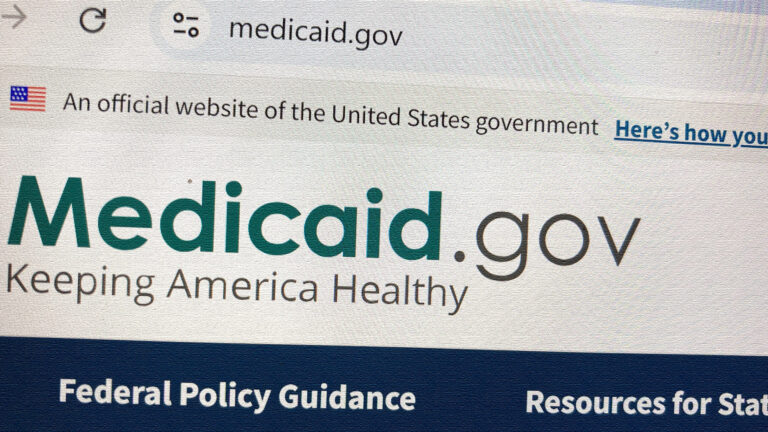
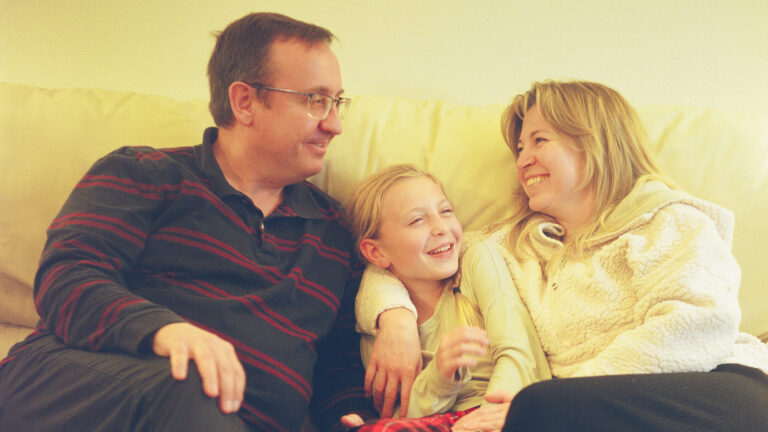

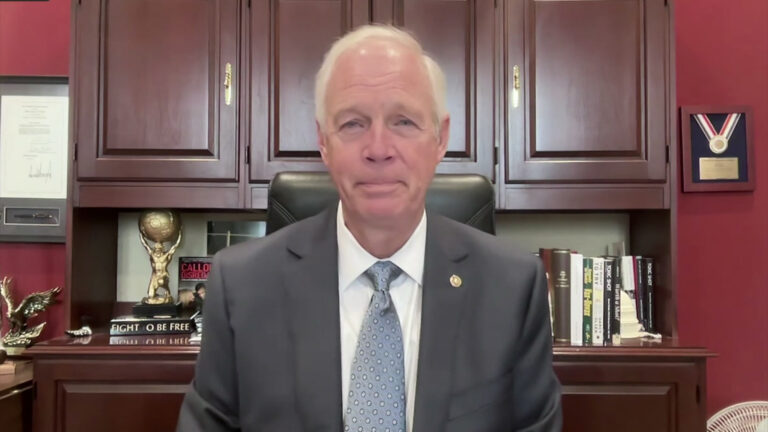
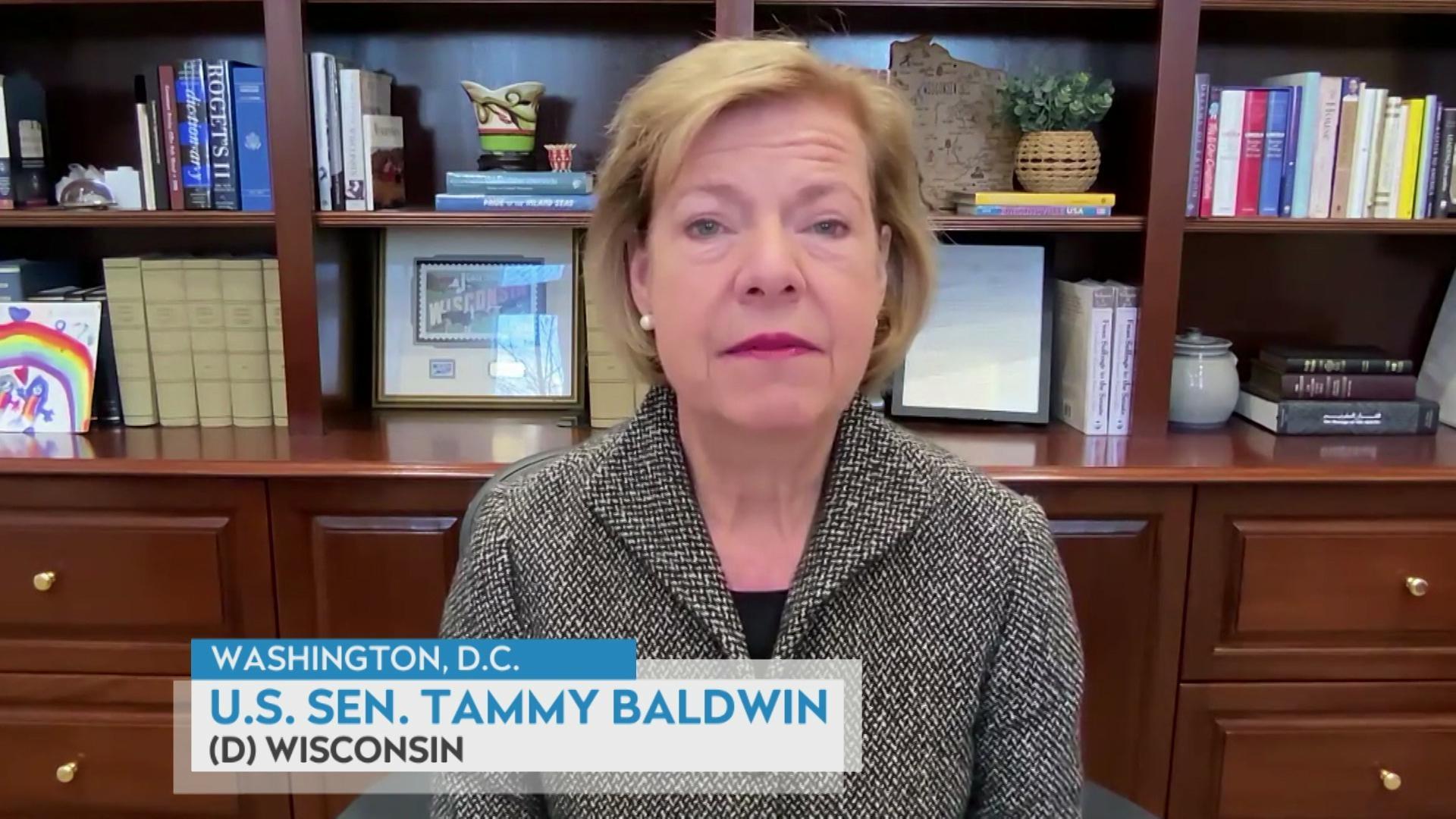
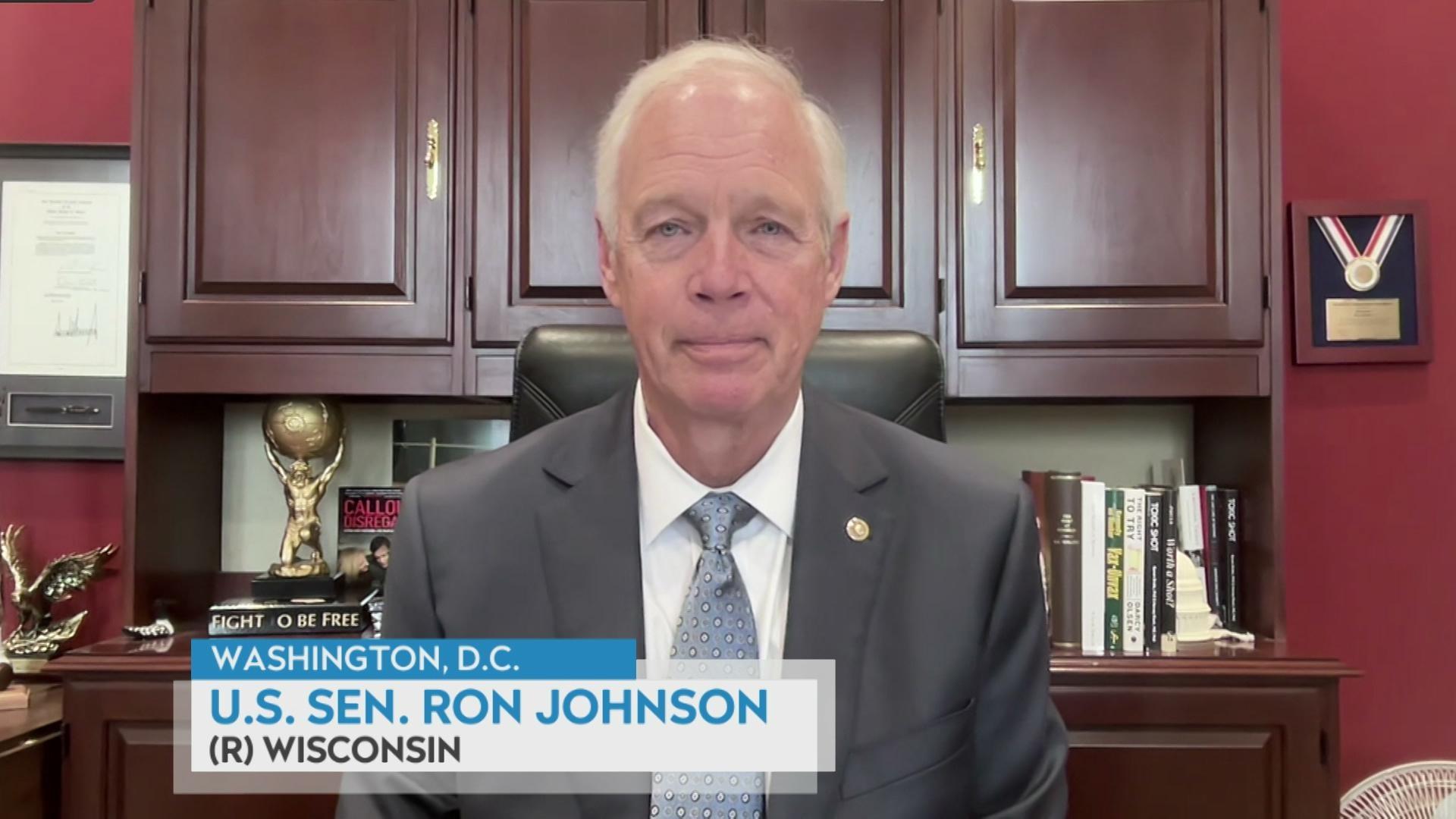

Follow Us